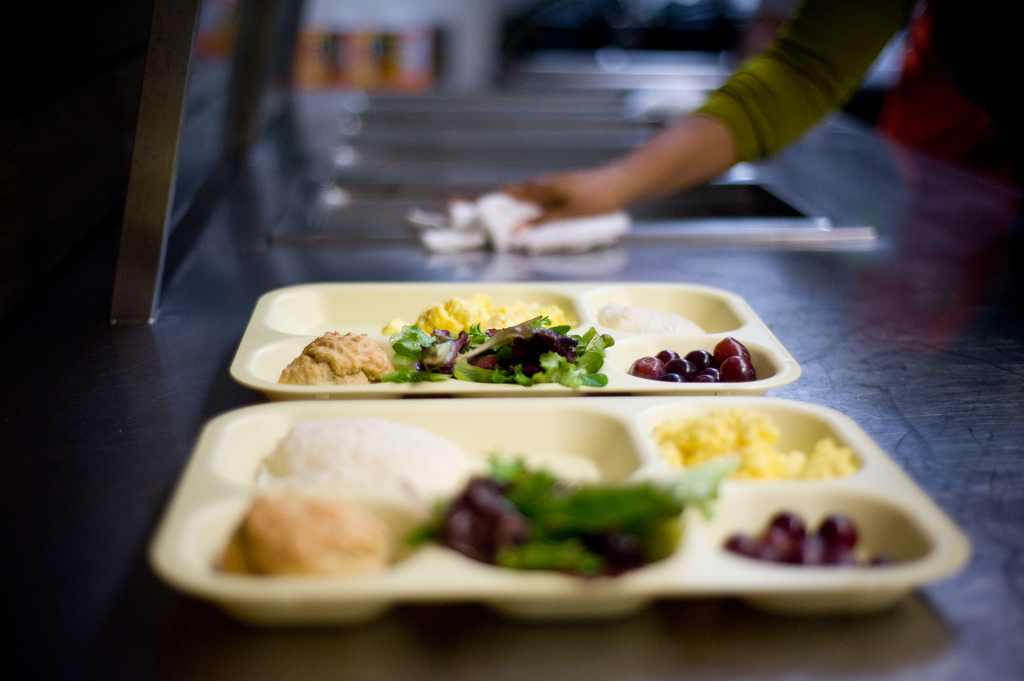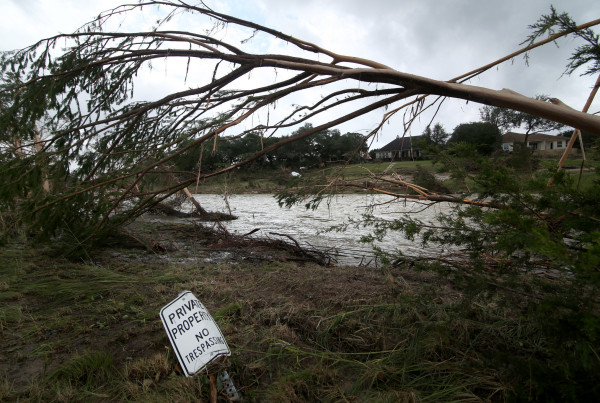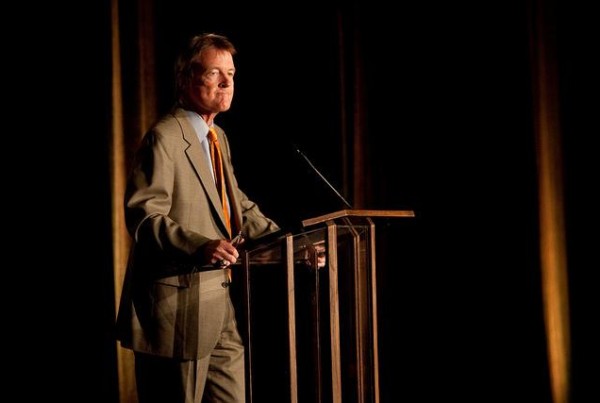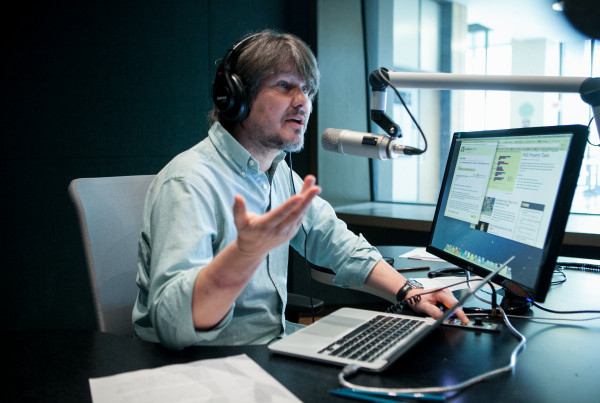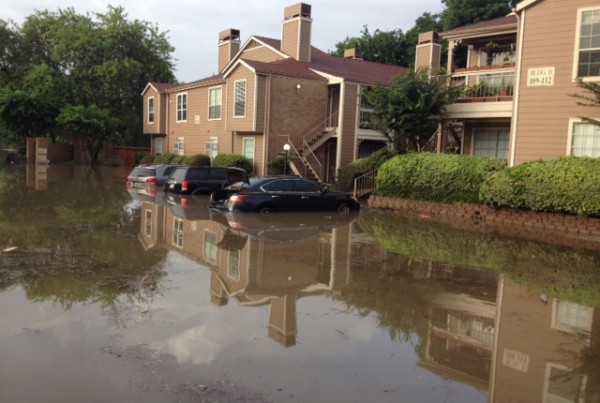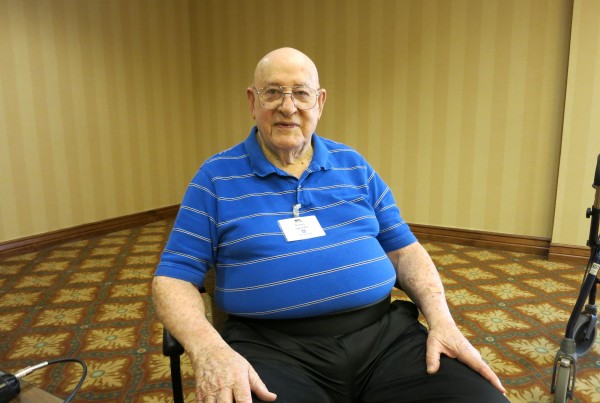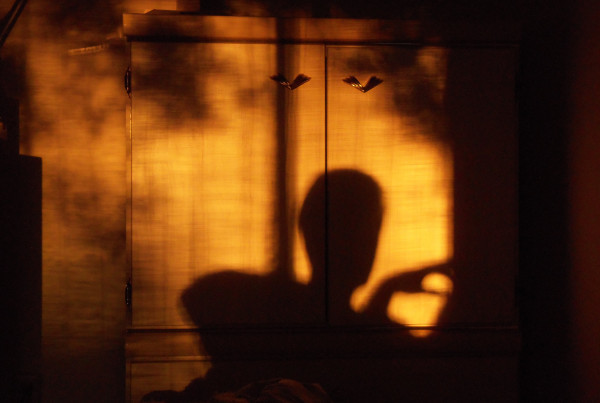Farmer’s market vegetable soup, lamb meatballs over whole wheat pasta, green salad with roasted beats and fresh kale and southern braised greens. This is what San Antonio Chef Joan Cheever was serving the night she was ticketed by police. Cheever’s crime? She was serving the homeless and hungry without the proper permit. Yvette Benavides was with Cheever that night and she says the experience caused her to wonder about hunger.
All of us are hungry in one way or another. The hunger of the homeless is all too real. Most of them are starving in other ways, too. Many suffer from addiction or mental illness. The hunger of addiction can be impossible to stave off in the best of circumstances. The hunger of the silent cry of mental illness is as impossible to quell as it is to hush a disconsolate baby in the protracted radio silence of a church service or to stifle a resounding siren on a dark lonely street on a Tuesday night.
My first time out on the serving line, I realized that the majority of the women and men had likely been out on the street for some time. Their expressions did not betray a single emotion. Their eyes moved furtively from me, to the other servers, to the cook they’d come to know and expect, and back to the plate of food they held in their hands and carefully carried to a park bench or sidewalk.
Some were desperate to share their story boiled down to one single sentence: “I’m a veteran, you know,” or “I’ll be back on my feet next month.” Others seemed to have accepted this fate, had been on the streets and frequented this particular food truck for years, and would be back to dine again the next Tuesday.
But would I? It’s easy to rethink your motivation when the path of least resistance is just to stay home, do something else. But I felt something in my gut—that place where I’ve not had to feel the hollow wound of hunger.
Who consents to feed the hungry? Who makes the concerted decision to do this sometimes thankless work? The people I’ve met—the cooks and servers—are hungry, too. For those who help the hungry, that work isn’t a job, maybe a type of vocation, an unquiet calling—one that won’t be allayed by turning a blind eye. I don’t read much in their faces either—except for the immutable resolve they have to do this work. It’s almost as if the volunteers don’t merely take a philosophical approach. Their commitment seems like a kind of addiction in itself, one that’s difficult to recover from.
I see the hungry and homeless now. I notice them. See them—everywhere. The men and women I’ve met on those Tuesday evenings emerge in full vivid view to me in the stark light of day on busy streets, amid the chaos of a world that seems to belong to everyone else but them. They seem different then—not hungry. Alone. So alone. I see them. I know them.
When I went out to serve food the first night, I hadn’t made time for dinner and hadn’t eaten for several hours. The smell of the spaghetti dinner and the braised greens as I passed each plate forward, transformed me into a tested Tantalus. What was the supposed crime of this son of Zeus? He was favored among mortals and even invited to the table of the Greek deities. When he tried to share the divine ambrosia with other mortals, he raised the ire of the gods who consigned him to the damnation of an eternity of hunger.
There are no mythological gods in my city.


